Amazon Sellers Hit Walmart With Class Action Lawsuit Alleging Complicity In Online Organized Retail Crime
UPDATE 12-12-24
Walmart has responded with a Motion To Dismiss, predictably alluding to Section 230 protections and deflecting blame to Amazon in bid to get sellers' organized retail crime class action suit dismissed.
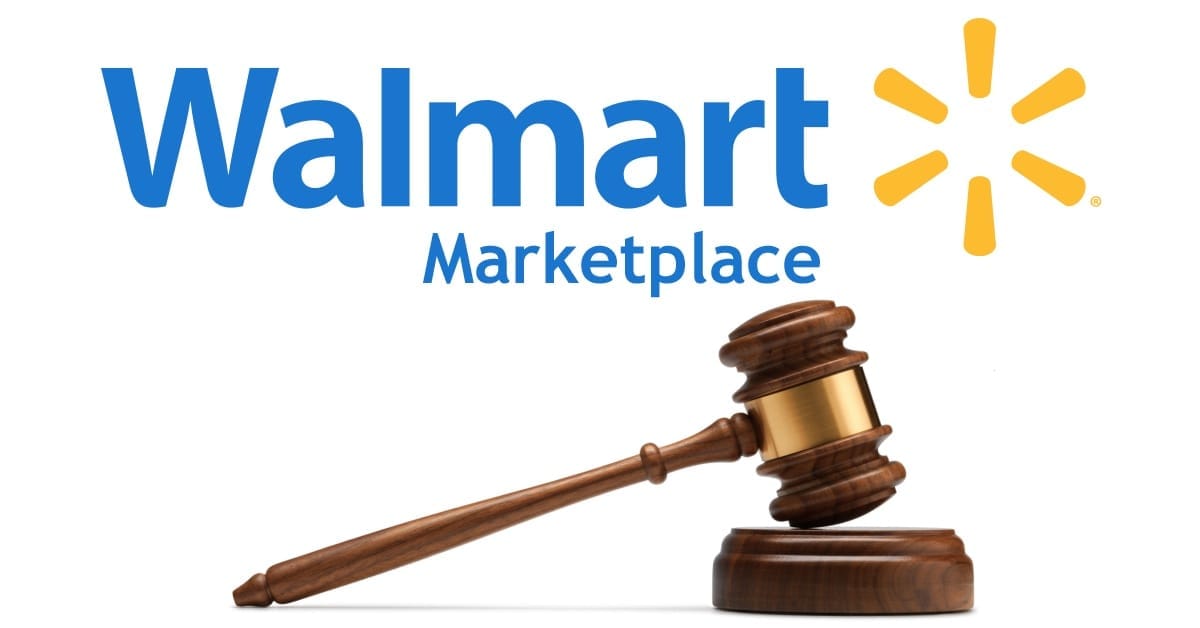
UPDATE 10-12-24
Both parties have agreed to a stipulation allowing Walmart extended time to respond to the complaint, likely pushing any further updates to December and into 2025.
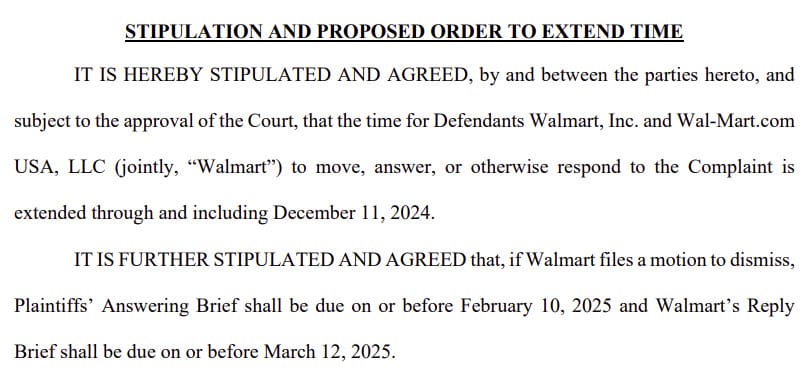
A group of Amazon sellers has filed a class action lawsuit against Walmart as well as named and unnamed Fraudulent Sellers, alleging the company profited from and failed to prevent a form of organized retail crime perpetrated through the Walmart Marketplace.
The suit levels multiple claims against Walmart including RICO, Lanham Act, Unfair Competition, Deceptive and Unfair Trade Practices, Consumer Sales Practices and False Advertising violations all related to fraudulent sellers using Walmart Marketplace to "fence" items from the plaintiffs' individual ecommerce businesses operated on the Amazon marketplace using a variation of triangulation fraud that weaponizes Amazon's buyer-friendly policies against legitimate merchants.
According to a press release from Chimicles Schwartz Kriner & Donaldson-Smith, plaintiffs Artistic Industries, LLC, Knight Distributing Co., d/b/a Regency Cosmetics, Longstem Organizers Inc. and EZ-Step Mobility, Inc. say Walmart is complicit in the crimes allegedly committed by several named fraudulent sellers on their site.
Walmart Inc., Wal-Mart.com USA, LLC and named and unnamed Fraudulent Sellers...created and implemented an Organized Retail Crime Enterprise, whereby they listed and operated Fraudulent, Deceptive, and Anticompetitive Postings and Offers to Sell on Walmart Marketplace, but fulfilled these sales by placing Fraudulent Amazon Orders of Amazon Merchants’ products under false pretenses, misrepresenting or omitting key facts concerning their ability and/or willingness to pay.
Defendant Walmart allowed the Fraudulent Seller Defendants to copy and list the Amazon Merchants’ products for purported sale on bogus Walmart Marketplace Seller StoreFronts, Seller Catalogs and Product Pages containing abjectly false information and omitting material information notwithstanding that:
- (a) these listings were Fraudulent Seller StoreFronts containing false information as to, inter alia, actual seller, the Brand Names for the products, and delivery;
- (b) the Fraudulent Seller Defendants did not have and/or would not obtain lawful possession of these products in order to make a sale to a Legitimate Walmart Customer;
- (c) never intended to have the goods sold to the Legitimate Walmart Customer be delivered by and through the Fraudulent Seller Defendants;
- (d) would place Fraudulent Amazon Orders, purporting to purchase Amazon Merchants’ goods, but request delivery to the unsuspecting Legitimate Walmart Customer;
- (e) intended to induce Amazon Merchants into reasonably relying on Defendants’ payment in order to deliver the items where requested; and
- (f) intended to deceive Amazon Merchants by making a False Refund Request with the untruthful representation of non-delivery of the goods when, in actuality, the Legitimate Walmart Customer did receive the ordered product.
If all of that sounds confusing - that's the point...fraudsters who engage in this type of sophisticated digital shoplifting depend on the complexity of the scheme to make it as difficult as possible for the victims (legitimate sellers) to put the pieces together or to take action to protect themselves.
What's described above is a variation of what is commonly referred to as "triangulation fraud."
Triangulation fraud occurs when a buyer makes a genuine purchase on a third-party marketplace, but the seller fraudulently purchases the product from another merchant - and it's rampant across many of the most popular online marketplaces.

Typically, triangulation fraud will use stolen credit card information to pay for an item being shipped to an unsuspecting buyer, with the legitimate seller receiving a chargeback after the item has been shipped, leaving them out both the item and the money.

But in the scheme described above, it appears the fraudulent sellers don't even need to go through the effort of using stolen credit cards.
Instead, they are taking advantage of Amazon's notoriously buyer-friendly policies to obtain refunds by falsely claiming items are not received, and of course Amazon also notoriously saddles the sellers on their platform with the cost of those refunds with the same result - the legitimate seller is out both the item and the money.
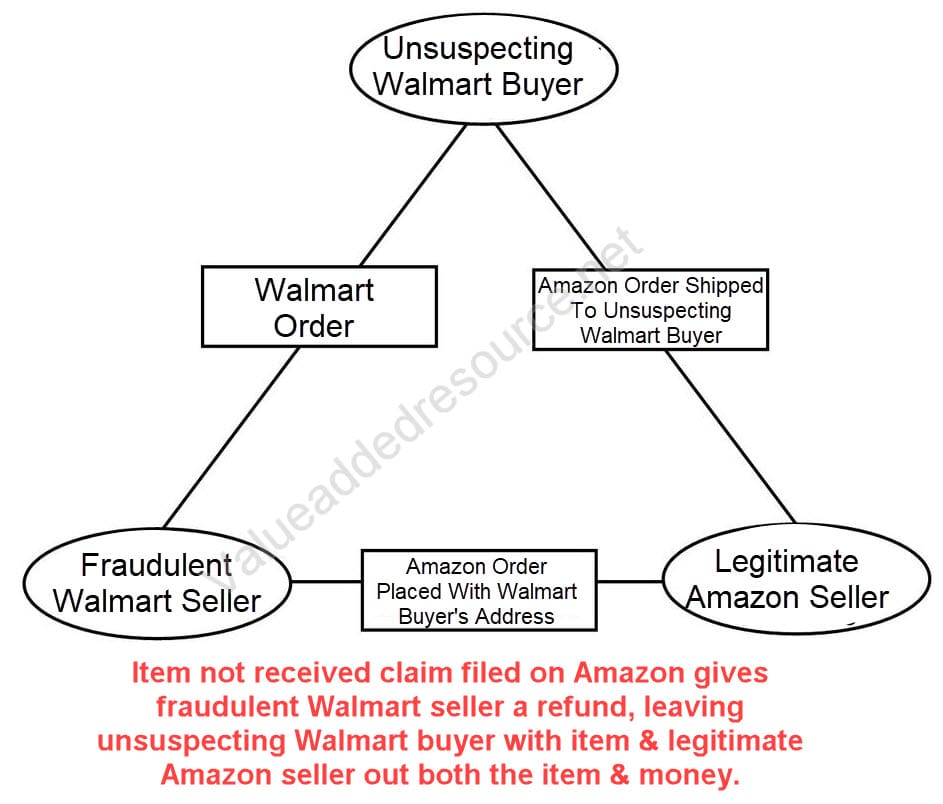
The sprawling 290 page complaint argues that Walmart is not properly vetting and verifying sellers (what the plaintiffs call the "Bogus Qualification Process").
The Fraudulent Sellers effortlessly sign up as sellers on Walmart Marketplace. This component of the ORC is referred to herein as the “Bogus Qualification Process.”
(a) The Fraudulent Sellers become Walmart Marketplace sellers despite having no indicia of legitimacy, including no other internet retail or eCommerce history or presence, or proof of having any inventory to fulfill orders.
(b) Furthermore, they become Walmart Marketplace sellers despite an inability to have satisfied the most basic of purported new seller “minimum qualifications” that Walmart falsely and misleadingly represents it imposes
(c) Ensuring that sellers on an eCommerce platform are real, can fulfill orders, are not engaging in fraud or scams, are selling real products (not stolen or counterfeit products), and are authorized to sell the listed products, among other things, are critical to fundamental notions of fair competition, the credibility of eCommerce businesses, and protecting consumers who utilize online retail marketplaces.
It is why a federal law– the Integrity, Notification, and Fairness in Online Retail Marketplaces for Consumers Act (the “INFORM Act”) –imposes requirements on online retail marketplaces to “know their sellers” and imposes penalties for failure to do so.
The INFORM Act requirements are a great call out here and could be crucial to stopping this type of fraud as it is perpetrated across many online marketplaces - if it is actually enforced.

The complaint goes on to detail that Walmart has been desperately trying to catch up to Amazon and suggests that the marketplace may have a financial incentive to look the other way on questionable accounts in an effort to onboard more new third party sellers at breakneck speed - including many sellers from China, which appears to be a significant source of this fraud.
Having the Fraudulent Sellers operate on Walmart Marketplace derives significant monetary benefits and serves the following aims for Walmart:
- (i) competing with Amazon and other eCommerce platforms for market share, sellers, products to be sold;
- (ii) increased revenue, through accumulating more sellers and products being sold on Walmart Marketplace, which in turn leads to more commissions and advertising revenue for Walmart; and
- (iii) bolstering its share price
Indeed, over the span of just the past three years, the number of new sellers
on Walmart Marketplace has increased exponentially, the majority of which (73% at the height) are sellers who have provided Walmart with business contact information, including an address and phone number, from China.
It then goes on to describe how the fraudulent sellers hijack product images and descriptions from Amazon, list the items which they do not have in their possession on Walmart, purchase those items from the plaintiffs on Amazon to ship to their Walmart buyers, and then use false claims of non-delivery to force refunds - and how Walmart financially benefits from allowing the fraud to go on.
Walmart Realizes Significant Financial Benefits From The ORC
Having the Fraudulent Sellers operate on Walmart Marketplace derives significant monetary benefits for Walmart. Walmart receives a referral fee from each completed purchase on Walmart Marketplace.The referral fee is deducted from each completed purchase. The referral fee rate varies by category and total sales price but ranges from 6% to 15%.80 Therefore, the more sellers and the more products they list and, then, sell, on Walmart Marketplace, the more in referral fee revenue Walmart generates.
As of Walmart’s first quarter [FY]2025, specifically in the U.S., Walmart increased the number of Walmart Marketplace sellers by 36% for the quarter, and had a SKU count sitting at more than 420 million
Also, the financial benefit to Walmart of more sellers and SKUs on Walmart
Marketplace is not just from referral fee revenue on completed purchases.Walmart aggressively highlights the importance of just the fact of more sellers, products, and listings on Walmart Marketplace to drive potential customers and “eyeballs” to Walmart Marketplace. The more “eyeballs” looking at the Seller StoreFronts and Product Pages on Walmart Marketplace means more advertising revenue for Walmart...
...In addition, with more sellers and more products, more sales occur on Walmart Marketplace. When Walmart’s third-party Marketplace grows, it gains market share from its rivals, including Amazon.
During Walmart’s second-annual seller summit in San Francisco held on August 27, 2024, Walmart announced that it expects its eCommerce business to be profitable within the next two years, and emphasized its significant growth:
"Walmart Marketplace has achieved more than 30% sales growth in each of the past four quarters and is significantly driving the retailer’s sustained eCommerce success. Walmart’s [ ] U.S. eCommerce business has delivered double digit growth for six consecutive quarters. …The number of sellers listing items on Walmart.com grew 20% last fiscal year."
The Plaintiffs also smartly point out that not only are the items being stolen from them - the fraudulent sellers also "steal" legitimate sales that would have likely been placed directly with them on Amazon if it weren't for the fraudulent competing listings on Walmart.
This fraudulent, anticompetitive business practice using the Walmart
Marketplace, inter alia:
- (i) causes the Amazon Merchants to not get the sale from the legitimate customers;
- (ii) is the “but for” step in effectuating the ORC, the fraudulent
- refund requests, and the stealing of the Amazon Merchants’ products and money; and
- (iii)deceives legitimate consumers into purchasing from Fraudulent Sellers and purchasing products for which a fake (incorrect) Brand name is displayed, thereby deceptively and wrongly concealing and omitting material information from Walmart Marketplace customers about the products being sold on Walmart Marketplace.
That "double-whammy" is something I've also personally experienced when a previous employer was hit with a triangulation fraud scheme perpetrated through eBay to the tune of over $160K in losses in ~4 months.
Amazon, Walmart, eBay, Etsy and others have historically tried to distance themselves from responsibility for illegal or fraudulent activity on their sites, often arguing Section 230 of the Communications Decency Act protects platforms like them from liability for actions taken by their users.
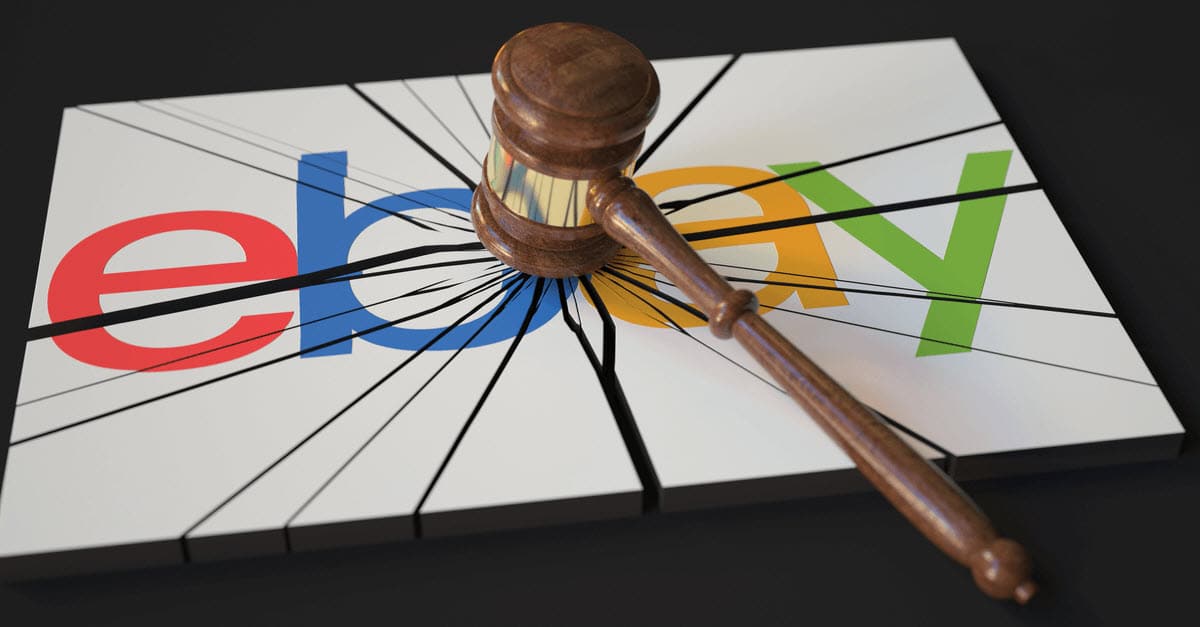
But the plaintiffs in this lawsuit have clearly already contemplated that Walmart will seek to use that defense and argue it's not applicable because Walmart is a commercial digital platform, not a social media site.
Walmart is entitled to no statutory immunity for the claims asserted in this
Complaint. Its Marketplace is not a social media site; it is a commercial digital platform created and operated by Walmart for the sole purpose of making a profit by the onboarding of merchants and for extracting a share of revenue generated on every transaction conducted by its merchants on the Marketplace.Walmart professes that it fully controls the operation of its Marketplace by,
among other things, allegedly thoroughly scrutinizing and vetting each merchant applying for approval to appear on the Marketplace and, further, by monitoring merchants’ postings for legitimacy, and possessing and using the power to remove illegal and inappropriate merchants and their content.Walmart’s representations of its allegedly taking such measures are grounded in its recognition that, absent these and related measures, its Marketplace would be a breeding ground for fraudulent conduct and criminal activity.
That's a distinction that could have merit, with legislators and regulatory agencies more recently considering reworking or sunsetting Section 230 completely and being more open to the idea that these very large tech companies should bear at least some liability for activity on their sites.
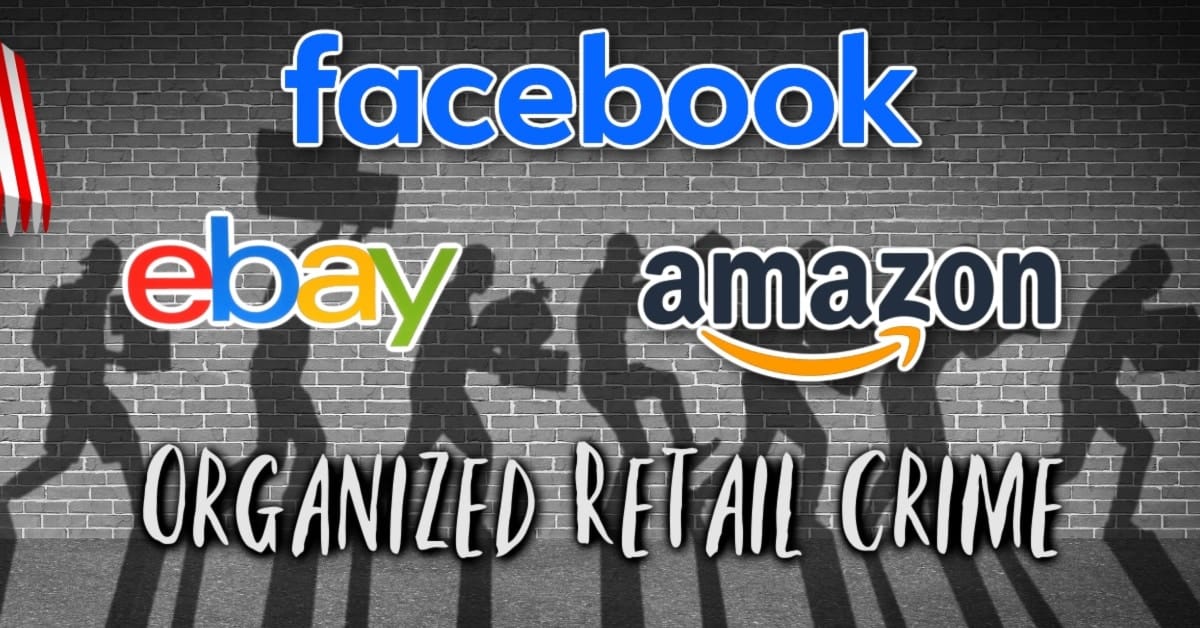
Much of the national conversation about Organized Retail Crime has focused almost exclusively on large corporate brick and mortar-heavy retailers' claims about dangerous in store theft that "boosters" eventually pass off to be fenced through online marketplaces, which is not surprising since public outreach on the topic has largely been dominated by big lobbying groups like the National Retail Federation.
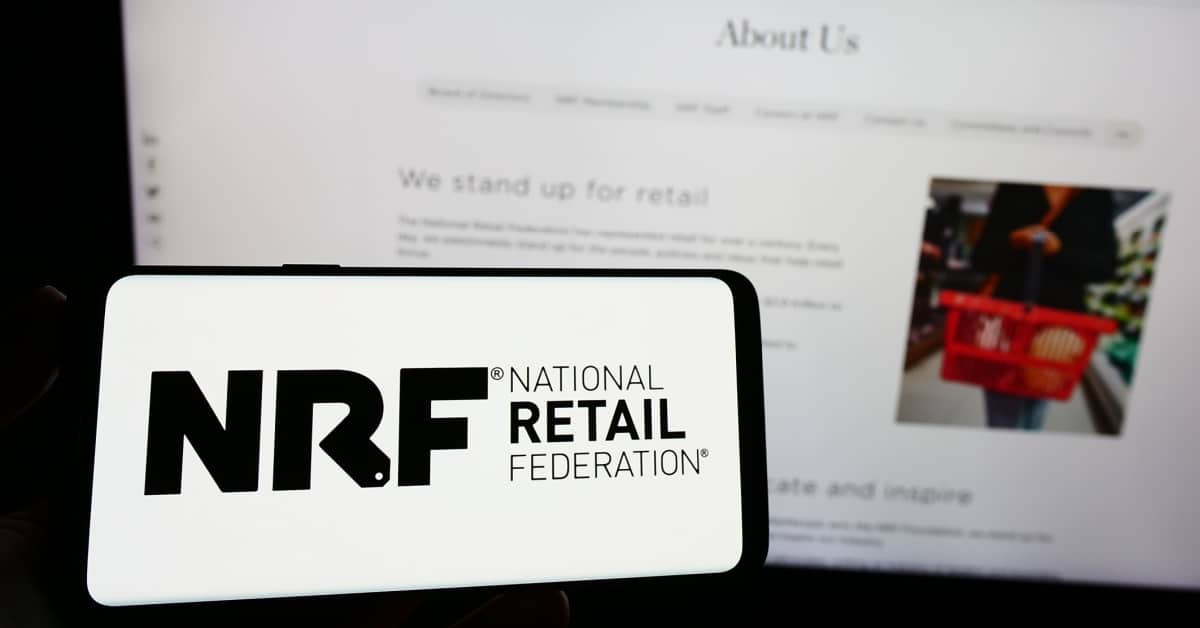
But if legislators and regulators want to prove they really do care about consumers and business owners of all sizes, rather than catering only to huge corporations with a large brick and mortar footprint and their retail industry lobbyists, it's far past time to include triangulation fraud and other forms of digital shoplifting in the discussion and to hold marketplaces accountable for stopping the sale of all stolen goods through their sites.
The plaintiffs in this case are seeking to certify and maintain a class action that could include "All Amazon Merchants domiciled in the United States who fulfilled an order placed by a Fraudulent Seller that originated on Walmart Marketplace between January 1, 2021 to the present" with injunctive relief, restitution, and damages to be determined at trial.
Download the full complaint:
If you are an Amazon seller who has experienced this type of fraud perpetrated through the Walmart Marketplace, Chimicles Schwartz Kriner & Donaldson-Smith wants to hear from you - and so do I!
Leave a comment below or contact VAR.























